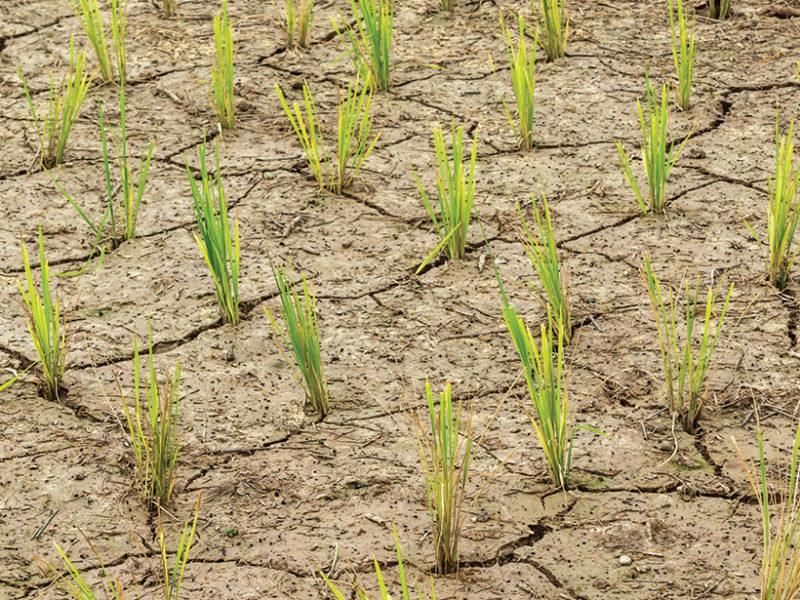- Unpredictable weather patterns, characterized by shifting rainfall and temperature patterns, have wreaked havoc on crop yields and livestock productivity.
The adverse effects of climate change have cast a dark shadow on agriculture in Kenya.
Unpredictable weather patterns, characterized by shifting rainfall and temperature patterns, have wreaked havoc on crop yields and livestock productivity.
As a result, the country faces reduced agricultural outputs, increased food prices, and diminished incomes for farmers.
The agricultural sector is the backbone of the Kenyan economy, so climate variability and change have emerged as significant challenges, demanding urgent attention and effective adaptation strategies.
A comprehensive study conducted on small-scale farmers in Kenya sheds light on the profound impact of climate variability and change on agricultural revenues.
Read More
By analyzing household data collected over several years, researchers estimated the direct consequences of climate change on farmers' incomes.
The findings underscore the pressing need for adaptive measures to alleviate the detrimental effects of climate change on agriculture.
Concerted efforts are underway to confront the challenges of climate change in the agricultural sector. A key focus lies in promoting climate-smart farming practices, such as conservation agriculture and agroforestry.
These approaches enhance soil fertility, improve water management, and bolster resilience to climate shocks.
Additionally, there is a growing emphasis on developing and adopting drought-tolerant and disease-resistant crop varieties, empowering farmers to withstand the climate's erratic nature.
Vigilant monitoring of climate change's impact on agriculture in Kenya remains paramount. Policymakers and stakeholders can fine-tune adaptation strategies and interventions by closely observing and assessing the evolving climate patterns and their implications.
It is imperative to prioritize sustainable and resilient approaches to ensure food security and safeguard farmers' livelihoods.
By integrating climate change considerations into agricultural policies and practices, Kenya can forge a path towards a more resilient and secure future.







